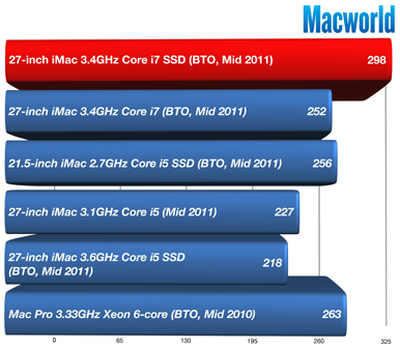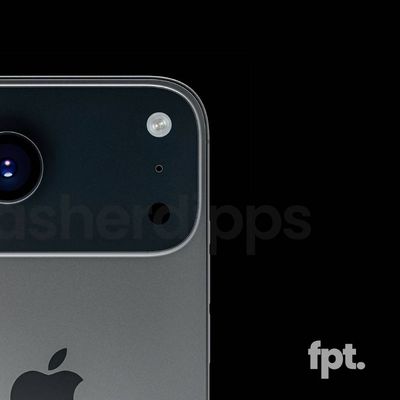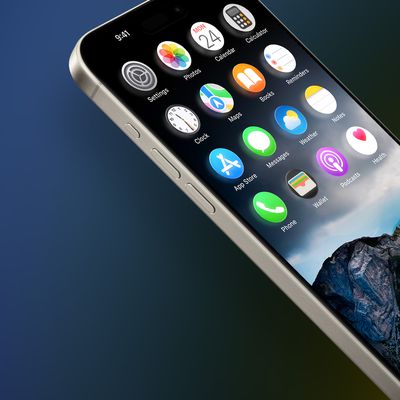Apple's latest edition of the iMac is finally shipping with the build-to-order 3.4GHz Intel Core i7 and 256GB Solid State Drive option installed. As with any new Apple product, benchmarks and speedtests are beginning to trickle out, and the conclusion from Macworld is that this is the fastest Mac they've ever tested.
Last month, Macworld benchmarked the highest standard configuration 27" iMac Core i5 3.1GHz with standard hard drive installed. It scored 227 on Speedmark 6.5, roughly 16 percent faster than the old model -- but still quite a bit slower than a Mac Pro 3.33GHz Xeon 6-core, which scored a 263 on the same test.
Now, after a month-long delay, Apple is finally shipping BTO 3.4GHz Core i7 iMacs with a 256GB SSD option. This top-of-the-line iMac, the 27" 3.4GHz Core i7 w/SSD has been declared the fastest Mac that Macworld has ever tested.
The video above was sent in by a reader. He filmed it on his 27" 3.4GHz Core i7, 16GB of RAM and the 256GB SSD option. He opens all the standard applications that come with the iMac simultaneously (though with Front Row and Dashboard deselected, because they're both full-screen apps) as a quick demo of the speed of his new SSD iMac.
Macworld's testing puts the 3.4GHz i7 w/SSD at 298 on the Speedmark 6.5 test, well clear of the Mac Pro 3.33GHz Xeon 6-core's comparatively pokey 263. It also beat the Mac Pro in file duplication, Zip file compress and uncompress, iTunes encoding, and iMovie and iPhoto importing tests.
It's important to note, however, that for massively parallel tasks like Handbrake encoding, Cinebench, Mathematica, and GeekBench benchmarks the Mac Pro still outperforms the iMac because it has more cores, especially with Hyper-Threading. But, for individual application tests like encoding an MP3, importing a movie to iMovie, or importing photos to iPhoto, the iMac beats all.

Of course, the brand new iMac might be faster than the current generation Mac Pro, but the Mac Pro hasn't been updated since last July. New Mac Pros are expected sometime soon, presumably with Thunderbolt support and a rumored narrower, rackmountable enclosure.






















